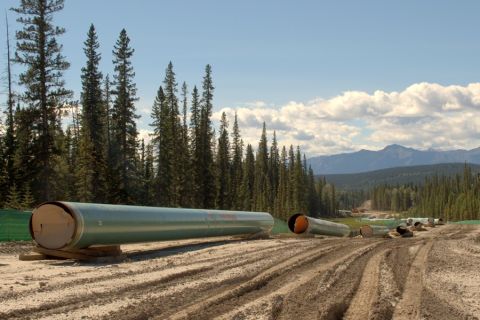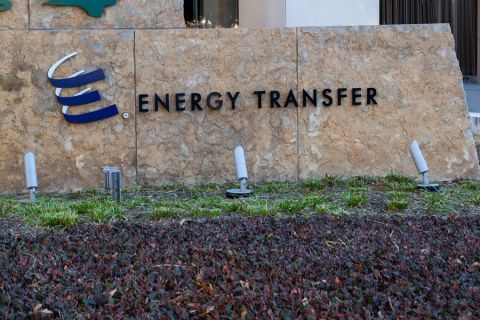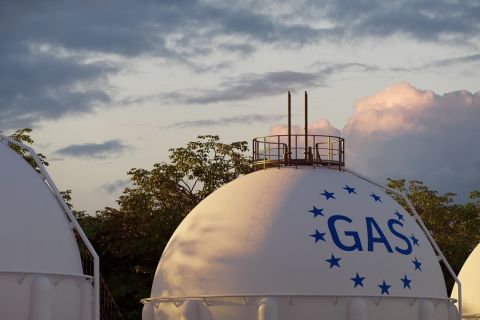The U.S. Treasury published a warning to U.S. companies on April 17 of possible evasions of the Russian oil price cap exported through the Eastern Siberia Pacific Ocean (ESPO) pipeline and ports in eastern Russia.
The Office of Foreign Assets Control (OFAC) at the department said it is aware of reports that ESPO and other crude oils exported via Pacific ports, such as Russia’s Kozmino, may be trading above the $60 price cap imposed on Russia by Western countries, and that U.S. entities may have unknowingly provided services for those trades.
The Group of Seven countries, including the U.S. and the EU have placed the cap on Russian shipments of crude oil since late last year as part of sanctions on Russia following its February 2022 invasion of Ukraine.
“These U.S. service providers may be unaware that they are providing covered services involving Russian oil purchased above the price cap, as the non-U.S. persons involved in the exports may have provided incomplete or false documentation or used other deceptive practices," OFAC said in the warning.
Under the price cap scheme, companies in the G7 countries and the EU are allowed to provide financial services such as transportation, insurance and financing services for Russian oil and oil products only if they are sold above the cap.
OFAC said some tankers may be manipulating their automatic identification systems, a practice known as spoofing, to hide their calls at Kozmino or other ports. Spoofing can also mask ship-to-ship transfers to disguise the origin of Russian oil.
The office said shipowners and other service providers can use records and attestations by oil market players that Russian oil they service was purchased below the cap to avoid enforcement actions.
The warning told commodities brokers and traders that shipping, freight, and insurance costs are not included in the price caps, but that failure to itemize such costs can be used to hide purchases of Russian oil above the cap. OFAC also recommended that traders retain documents showing that Russian oil and oil products were bought at or below the cap.
Recommended Reading
For Sale? Trans Mountain Pipeline Tentatively on the Market
2024-04-22 - Politics and tariffs may delay ownership transfer of the Trans Mountain Pipeline, which the Canadian government spent CA$34 billion to build.
Energy Transfer Announces Cash Distribution on Series I Units
2024-04-22 - Energy Transfer’s distribution will be payable May 15 to Series I unitholders of record by May 1.
Balticconnector Gas Pipeline Back in Operation After Damage
2024-04-22 - The Balticconnector subsea gas link between Estonia and Finland was severely damaged in October, hurting energy security and raising alarm bells in the wider region.
Wayangankar: Golden Era for US Natural Gas Storage – Version 2.0
2024-04-19 - While the current resurgence in gas storage is reminiscent of the 2000s —an era that saw ~400 Bcf of storage capacity additions — the market drivers providing the tailwinds today are drastically different from that cycle.



